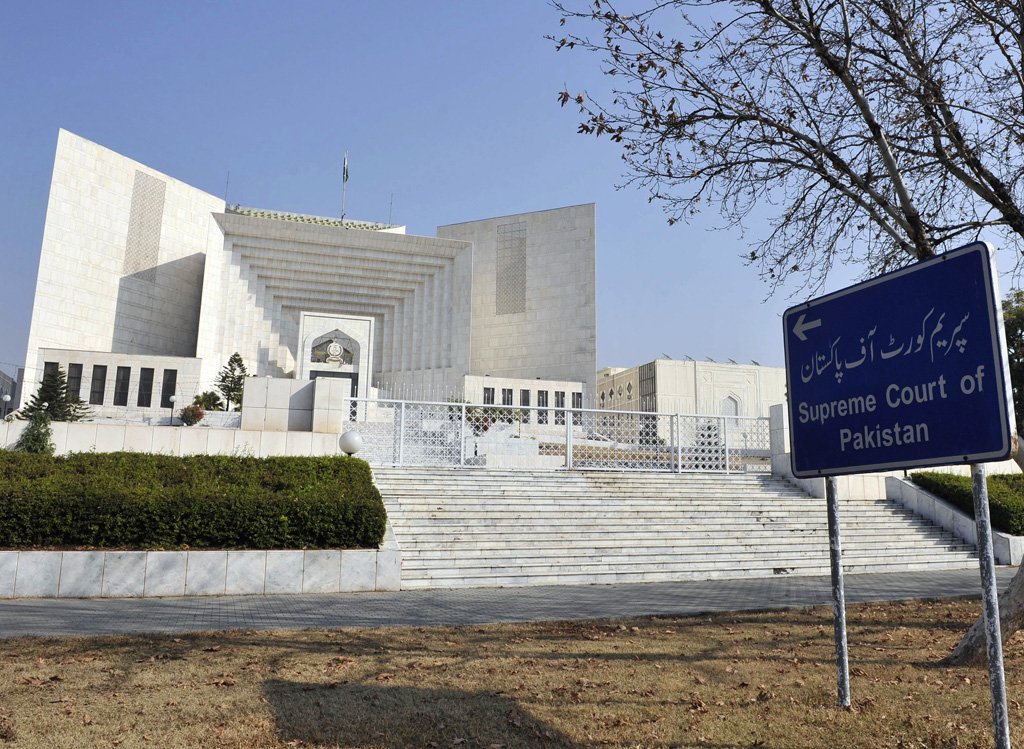ISLAMABAD, April 6: “Admitted that Article 69 of the constitution exists, but what happened in the parliament on April 3 is unprecedented,” the Chief Justice Umar Ata Bandial said, adding, “If such incidents were allowed to happen, it will have devastating consequences.” The bench of the apex court was headed by CJP Umar Ata Bandial and comprised of Justice Ijazul Ahsan, Justice Mohammad Ali Mazhar, Justice Munib Akhtar and Justice Jamal Khan Mandokhel. Justice Bandial remarked that the case was that of the violation of Article 95. “And where there is a violation of the constitution, the Supreme Court can intervene,” he stated categorically. The chief justice said that the Supreme Court respected the sanctity of the parliament. Justice Ijazul Ahsan asked whether the violation of the constitution also enjoyed immunity from the court proceedings. Justice Jamal Khan Mandokhel asked Babar Awan whether he meant to say that the speaker’s ruling was over and above the majority opinion of the parliament. Later, apologizing to the parties concerned, CJP Bandial adjourned the case’s hearing until tomorrow (Thursday, April 7, 2022). “Tomorrow, we will resume hearing of the case early in the morning,” he concluded. Earlier, Justice Umar Ata Bandial remarked that prima facie there were ‘no findings’ in National Assembly (NA) Deputy Speaker Qasim Suri’s ruling as there were only allegations on which basis he announced his decision of rejecting the no-confidence motion against Prime Minister Imran Khan. Justice Bandial also said that they wanted to finish the case today as the Supreme Court on Wednesday resumed hearing into its suo motu notice regarding National Assembly deputy speaker’s rulingl. The CJP while listing his queries asked Babar Awan, counsel for the ruling PTI, to defend the ruling, but in the light of the constitution. The top judge remarked did the deputy speaker have the authority to give a ruling by ignoring the agenda and also without consulting the members. Could the speaker pronounce a ruling setting aside the constitutional process, the CJP asked. Justice Bandial went on to ask what was the material on the basis of which Qasim Suri gave the ruling, and did he do so without bringing forth the facts? Justice Bandial also made it clear that before pronouncing verdict in the case, the court wanted to know what was the ‘conspiracy’ which prompted the deputy speaker to give the ruling. He also sought from Awan the minutes of the the National Security Committee (NSC) and Parliament’s Security Committee meetings. The CJP regretted that the court was being criticized for not finishing the case hearing on time. “How on earth can we decide the case without listening to the government’s point of view?” he questioned. When PML-N’s lawyer pointed out to the court that situation in Punjab was not good either as voting for the election of provincial chief minister was being delayed, the CJP replied that the court would look into it in the end. Babar Awan, counsel for the ruling PTI, said that he had always been supportive of the apex court’s suo moto power. The PTI’s counsel argued that the case under review was not that of basic human rights, and it was incumbent upon each and every citizen to be loyal to the state. Awan said that lawyers representing the opposition parties had told the court that the deputy speaker’s ruling was unconstitutional and was given with a mala fide intent. “Objections were also raised to the application of article-5 on the opposition members of the National Assembly (MNAs),” PTI’s lawyer said, adding although they all prayed to the court to interpret articles 95 and 69 of the constitution, but none uttered a word on the interpretation of article 63-A. – NNI
- Latest
- Trending



